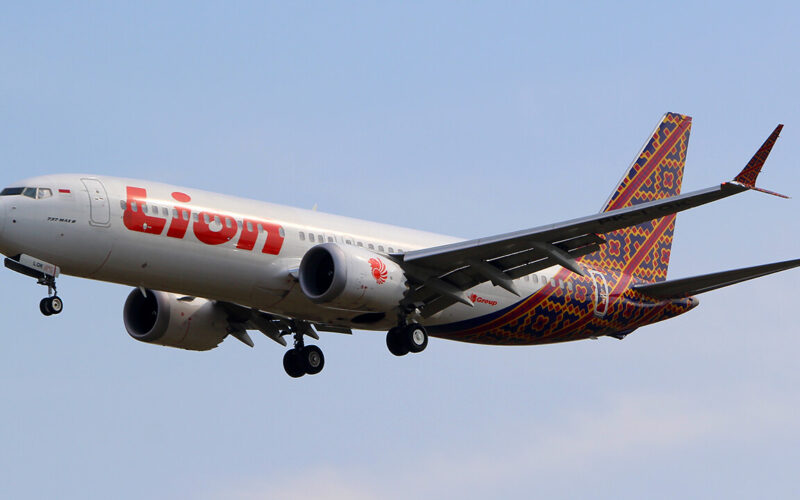Speaking at a U.S. Congressional hearing on June 19, 2019, Captain Chesley ‘Sully’ Sullenberger, deemed as a hero pilot for safely landing a US Airways passenger plane on the Hudson River in New York, in 2009, had harsh criticism for Boeing and the U.S. Federal Aviation Administration (FAA) regarding the two recent 737 MAX crashes. According to Sullenberger, the current U.S. certification process for new aircraft as well as pilot training on the Boeing 737 MAX automated flight-control system, known as MCAS, are inadequate.
“These crashes are demonstrable evidence that our current system of aircraft design and certification has failed us,” Sullenberger said in his testimony before the U.S. House Committee on Transportation and Infrastructure on June 19, 2019.
Captain ‘Sully’ answered questions about the Boeing 737 MAX 8, the type of aircraft involved in the fatal crashes of Lion Air flight 610 in October 2018, and Ethiopian Airlines flight 302 in March 2019. The incidents resulted in the deaths of 346 people total.
Fight of their lives
Sullenberger relied on his own experience of having piloted the famous US Airways flight 1549 of 2009, when he was forced to land his Airbus A320 on the Hudson River after the plane blew both engines in a bird strike shortly after take-off from New York’s La Guardia Airport (LGA). All 155 people on board the aircraft survived the incident, which has since been dubbed as “The Miracle on the Hudson”.
At the hearing into the MAX crashes, which was the third by Congress, Sullenberger strongly rejected the suggestion that pilot error was to blame for the accidents. “I’m one of a relatively small group of people who have experienced such a sudden crisis – and lived to share what we learned about it,” he told the committee. ”I can tell you firsthand that the startle-factor is real and it is huge – it interferes with one’s ability to quickly analyze the crisis and take effective action.”
The retired airline pilot walked through the events in the cockpit of the doomed flights, explaining how the failure of a single „angle of attack“ sensor on the MAX 8 „quickly caused multiple instrument indication anomalies and cockpit warnings“. These would have created “major distractions” and would have made it even harder to quickly analyze and respond to the situation. “Within seconds, these crews would have been fighting for their lives in the fight of their lives,” Sullenberger said.
Maneuvering through the MCAS
Boeing announced it had completed an update to the MCAS software, an automated flight-control system installed on the 737 MAX 8, in May 2019. The update was meant to stop erroneous data from triggering the anti-stall system, which automatically pushed the nose of the plane down, overriding the pilots’ commands, as was the case in both of the crashes.
However, according to Sullenberger, the original version of the MCAS, “was fatally flawed and should never have been approved”. “Boeing has even said that in designing MCAS they did not categorize a failure of MCAS as critical because they assumed that pilot action would be the ultimate safeguard,” he explained.
Furthermore, the former captain stated he “doubts” that prior to the accidents “any U.S. airline pilots were confronted with this scenario in simulator training”. Sullenberger has gone through the 737 MAX simulator training himself.
He maintains that aircraft manufacturers must have “a comprehensive safety risk assessment system that can review an entire aircraft design holistically, looking for risks, not only singly, but in combination”. Nevertheless, Sullenberger also stressed the need to address “the human factors” as well as “assumptions made about human performance in aircraft design and certification, and pilot procedure design”.
At the hearing, Sullenberger called for new and better pilot training on simulators before the grounded 737 MAX returns to service. He also voiced his concerns over the FAA’s lack of oversight and the certification processes of new aircraft (the practice of handing over some certification tasks to aircraft manufacturers, including Boeing), also at the center of the ongoing review into the 737 MAX crashes in the U.S.

